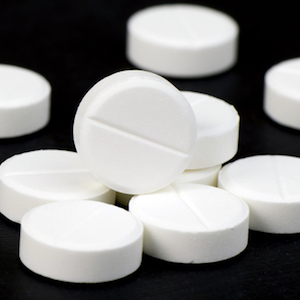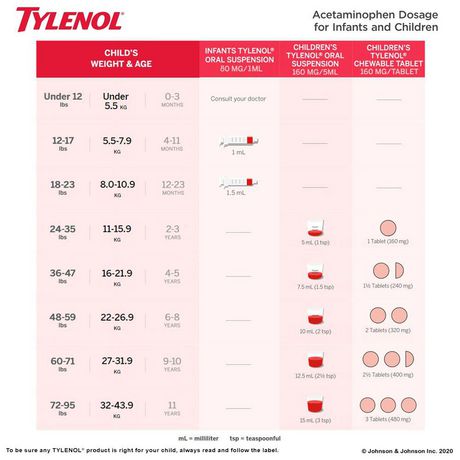

Check the list of active ingredients for acetaminophen. When picking an OTC medication, it’s important to read the “ drug facts” label on the package. Acetaminophen works well for fevers, minor pain, headaches, and more. Hundreds of OTC and prescription medications have acetaminophen in them. Unfortunately, accidentally taking too much Tylenol is all too easy. This is a sign of the liver shutting down. This isn’t the Tylenol causing kidney problems. They might start making less urine or have swelling in their stomach area. Their biggest job is getting rid of Tylenol after it’s been made non-toxic by the liver.īut if a person does experience liver failure, it can affect their kidneys too. So the kidneys aren’t really involved until the end. As detailed earlier, Tylenol is broken down almost completely by the liver. In fact, Tylenol is preferred over other OTC pain relievers if you have kidney problems. But to err on the side of caution, it might be a safe idea to stick to the 3,250 mg daily limit discussed above. These effects are reversible and don't cause liver damage. Studies have found that taking 4,000 mg of Tylenol per day for a week can affect the liver. Just be sure to stay under the maximum daily dose. For most people, taking Tylenol every day isn’t bad for your liver. Is taking Tylenol every day bad for your liver? If any of the above situations apply to you, or if you’ve been told you have a history of liver problems, speak with your healthcare provider before taking Tylenol. People who drink three or more alcoholic beverages per day That's no more than 6 extra-strength Tylenol or 10 regular-strength Tylenol per day.īut some people may be better off taking even less than this, including: If you’re taking Tylenol for longer than 7 days in a row, some experts suggest only taking a total of 3,250 mg per day. This would mean no more than 8 extra-strength Tylenol (500 mg per pill) or 12 regular-strength Tylenol (325 mg per pill) per day. How much Tylenol can I take?įor most adults, the recommended daily maximum of Tylenol is 4,000 mg in 24 hours. If left untreated, this can lead to life-threatening liver failure. This toxic substance can build up and start poisoning liver cells. Your body then gets rid of it through your kidneys, and you urinate it out.īut if you take large amounts of Tylenol, your liver doesn’t have enough glutathione to handle all of the NAPQI in the body. Your liver quickly makes NAPQI non-toxic with a molecule called glutathione. But a small percentage is broken down into a toxic chemical called NAPQI. The majority of these substances are harmless. At regular doses, Tylenol is broken down into a few substances. Tylenol is mainly metabolized (broken down) by the liver. This dangerous side effect was first noted by healthcare providers in the 1960s. And Tylenol is the most common medication involved. Medications are responsible for nearly half of the acute (sudden) liver failure cases in the U.S. But since many OTC and prescription medications include acetaminophen (Tylenol’s active ingredient), it can be easy to accidentally take more than what’s recommended. Problems typically only happen when taking too much Tylenol. But for most people, occasional use at recommended doses isn’t an issue.

#ANTIDOTE FOR TYLENOL FOR INFANT HOW TO#
Read on below to learn whether Tylenol is bad for your liver and how to lower your risk of serious problems. While you shouldn’t be scared to take Tylenol when needed, liver damage is still something to be aware of - especially if you use Tylenol regularly. But if you don’t have liver problems, should you still be concerned? One serious side effect of Tylenol is possible liver damage. It’s even considered safe for most infants and pregnant women.īut Tylenol isn’t without risks. Its lack of side effects, like nausea or stomach pain, may appeal to lots of people. Tylenol is one of the most commonly used medications and is a staple for many people’s medicine cabinets. A popular choice for these ailments is acetaminophen. When fevers strike or you get that occasional headache, it’s common to use an over-the-counter ( OTC) medication to relieve it.


 0 kommentar(er)
0 kommentar(er)
